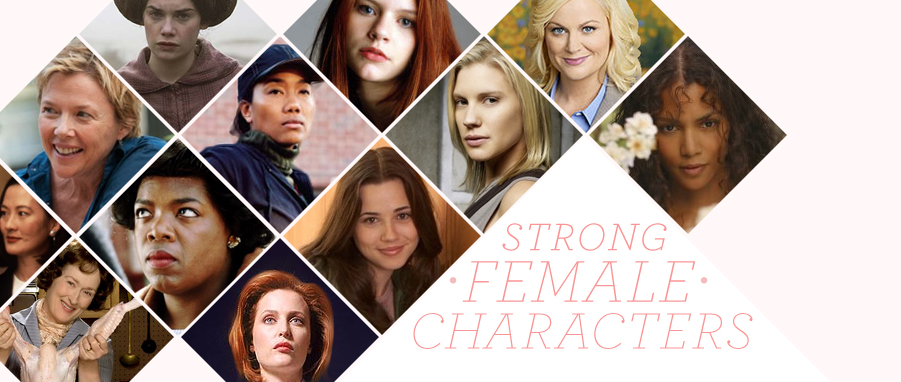In the past week, somewhere between eight and ninety of my Facebook friends posted this video. And then there was the backlash, including this awesome blog post. At the risk of reiterating what has already been said: embedded in this empowering message of confident womanhood is a continued premium on beauty, for one thing—a premium that only seems to important for the female gender—and unexamined assumptions about normative beauty traits, for another. (Most of the women participating are white, blond, and blue-eyed. Most of the “positive” descriptors include the word “thin.”)
These criticisms I unquestioningly agree with—but there’s an ambivalence. Because, as a woman raised on and indoctrinated with such premiums on beauty and complacency about normative beauty traits—as someone who occasionally suffers severe crises of confidence re:said beauty traits-- I also fully understand the impact this message has. Maybe it’s a disjuncture between my intellectual and emotional selves. Or maybe the two are inextricably intertwined.
It’s the emotional response that interests me. Many women reported getting teary while watching this video. Obviously, it strikes a chord. But why? Because it so intensely matters to us what other people think of our face? Because it validates a deep-seated desire to believe that our general attractiveness quotient is between 1.5 and 2 points higher than what we rate ourselves looking in the mirror each day? (Or worse, looking at photographs? It’s the photographs that get you. Forreals.)
I’m not trying to make fun. Because I totally get it. But I think it’s worth questioning: what exactly are we crying about?
What it makes me think of is the fallibility of emotional responses. The way that a strong emotional response tends to project a validity on its trigger. Based on this Dove commercial and its response, I propose an examination of why things like this make us so emotional, rather than taking our emotional response to be proof of the commercial’s poignancy. What nerve does this touch, or heartstring does this . . . pluck? (What a terrible metaphor. I apologize.)
What this, in turn, makes me think of—and forgive me if this seems like a huge digression about horrible human beings—is a particularly hyperdramatic yet affecting John Quinones ABC News special. It was one of his “What Would You Do?” hidden camera pieces, in which he set up some actors to play a white couple, their college age daughter, and the black boyfriend she is introducing them to, and had them enact a very loud, non-PC conversation in a Utah restaurant. The gist of it is that the white father is quite vocally disapproving of the relationship, spewing forth a number of racist statements (“How did you get into my daughter’s school? Basketball scholarship?”), while the hidden cameras wait to see if anyone will intervene.
The reaction that really stuck with me was that of a middle-aged woman sitting nearby, when John Quinones questions her about what she just overheard. Tears streaming down her cheeks, a saintly, long-suffering expression on her face, she laments the plight of this beautiful young girl who is wasting her time with (as a nearby, more vocally racist old woman puts it) "that." (Clearly this special produced its own visceral emotional response in me as viewer. But that's another story.) The woman recounts talking about this "issue" with her own daughter, and seems to acknowledge, in a small way, that it’s wrong to be against interracial couples—but she can’t help how she feels, can she?
You could see it on her tear-streaked, pitiful face. She was practically heartbroken.
For me, this is proof of the absolute unreliability of visceral emotional response. We’re moved, we’re touched, we’re hurt, we’re offended, but this in and of itself means nothing. It’s not just the what, but the why—why does it make us feel this way? Is it really valid?
OK. Huge, barely relevant digression over. (And don't think that I'm comparing the women who watch/participated in this commercial to dumb old racists! It's just my way of thinking through the emotional versus the intellectual responses to issues of self and other.)
To be clear, emotion certainly serves a function in our notions of self, society, morality, and politics—I’m not saying we should be robots. But, to misquote Socrates, the unexamined emotion is not worth having. Our gut responses aren't always the best responses; trusting them keeps us from critically engaging with the thing we are responding to. And I say: if we really pondered why women seeing their faces drawn better when described by a random stranger than when they themselves described it made us, well, emotional, then maybe the underlying problem would become clearer.

